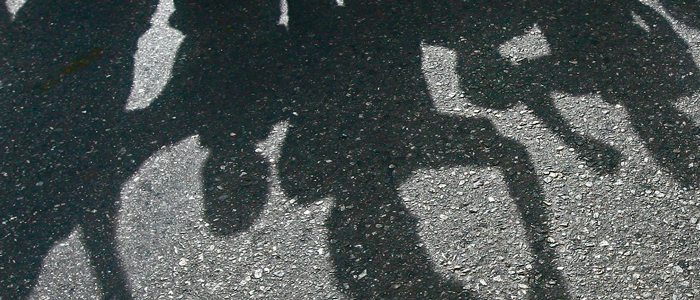Survivors of sexual assault often say that as they deal with the physical, emotional and psychological effects of sexual abuse, they also face a deep sense of isolation — of living with their story, told or untold, and of worrying that others wouldn’t believe them or understand the depth of their pain.
On Saturday, January 21, tens of thousands of women, men and children will stand alongside sexual assault survivors and so many others at the Women’s March on Washington. As many as 200,000 people are expected at the D.C. march, and marches also are planned in cities across the country.
Organizers of the D.C. event say the rally’s purpose is to encourage people to “stand together in solidarity with our partners and children for the protection of our rights, our safety, our health, and our families — recognizing that our vibrant and diverse communities are the strength of our country.”
In their public information, march organizers have included survivors of sexual assault — along with immigrants, Muslims and people of diverse religious faiths, people who identify as LGBTQIA, Native people, people of color, and people with disabilities — among those for whom the solidarity is intended.
NO MORE, a national organization committed to raising awareness and reducing the stigma and shame that keep people from talking about domestic violence and sexual assault, is a sponsor of the march.
If you’re interested in going to the Women’s March on Washington, the event begins at 10 a.m. at Independence Ave and 3rd Street SW in D.C. More information is available at the Women’s March on Washington website.
But, guess what? If you can’t make the national march or a march in your region, there still are actions you can take to stand alongside survivors of sexual assault.
For starters, you can educate yourself on facts related to sexual violence. Click here for information on the PCAR site.
Did you know that one in four women and one in six men are sexually abused before age 18? And that one in two women — that’s half the female population — and one in five men have experienced some form of sexual violence in their lives?
Sexual abuse can prompt physical, emotional and psychological health challenges, including depression and post-traumatic stress disorder.
We can reduce the occurrence of sexual assault by talking about it. Silence enables sexual assault, so talking about it in our homes, our schools, our communities and through national platforms such as the Women’s March on Washington can go a long way toward heightening awareness and reducing its occurrence.
Together, we can raise our voices to increase understanding, challenge attitudes, and change public policy to protect survivors’ rights.
The D.C. march organizers note, “In the spirit of democracy and honoring the champions of human rights, dignity, and justice who have come before us, we join in diversity to show our presence in numbers too great to ignore.”
Let’s march on — whether literally in D.C. or vocally in our communities — to reduce sexual violence in this country.
Marylee Sauder has a writing business, Sauder INK. She is a trained community educator on issues related to sexual assault prevention and bullying. She contributes blogs and articles to the PA Coalition Against Rape and the National Sexual Violence Resource Center.






